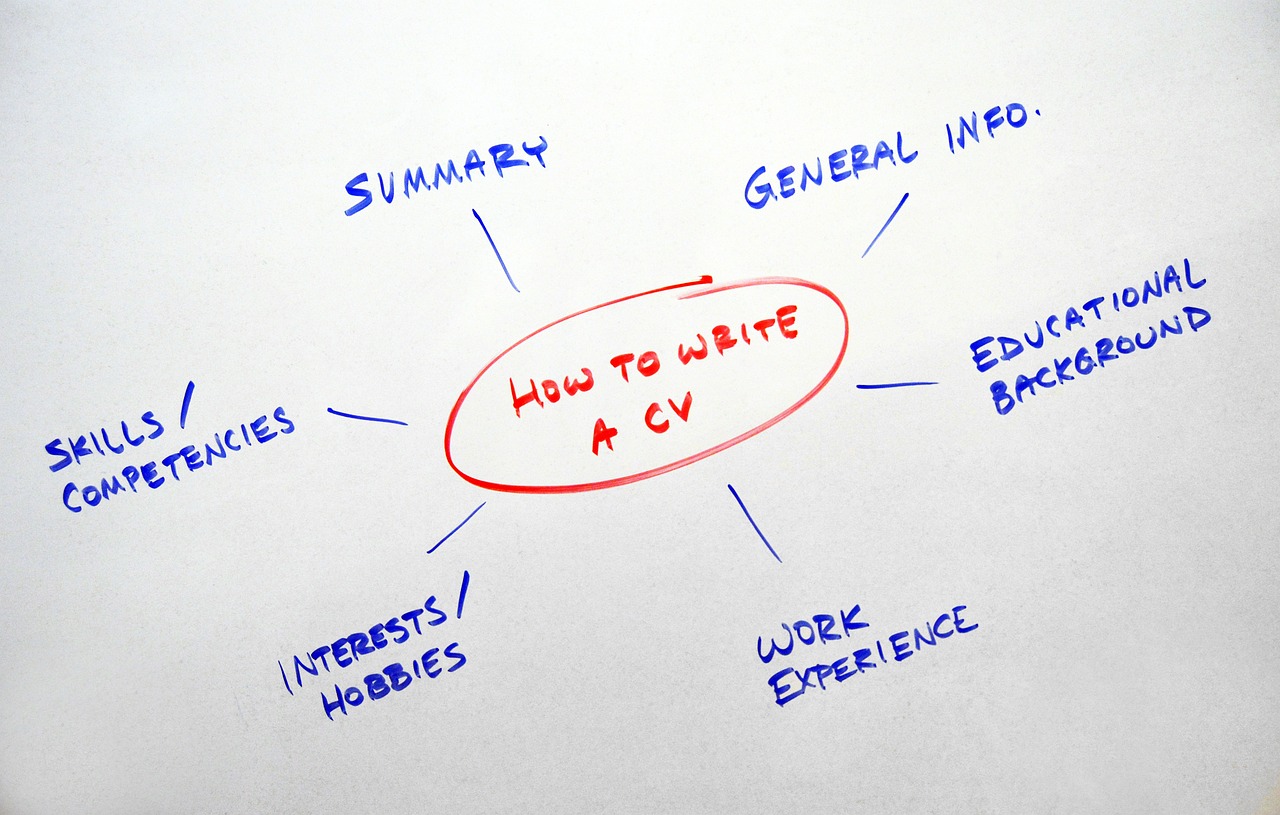In today’s competitive job market, resume writing is essential to help you stand out. A well-crafted resume can showcase your skills, qualifications, and experience to potential employers, highlighting why you are the perfect fit for the job. This guide will discuss the critical elements of resume writing, including understanding the differences between a resume and a CV, choosing the correct format for your skills and experience, and crafting a compelling resume summary.
Industry-Specific Resumes
When tailoring your resume to an industry or a specific job, it is essential to highlight your most relevant skills and experiences. Each industry has unique requirements, and your resume must reflect that. For example, if you are applying for a job in the tech industry, emphasize your knowledge of programming languages and software development tools.
Additionally, it is essential to customize your resume for each job you are applying for. Take the time to read through the job advertisement carefully and highlight the keywords and requirements mentioned. Then, incorporate those keywords into your resume to demonstrate your fit for the role. Use specific examples and numbers to showcase your accomplishments and show how your skills have contributed to the success of past projects or initiatives.
Posting-Specific Resumes
A resume should be tailored not only to specific industries but also to each job posting. Take note of the critical skills, qualifications, and requirements in the job description. It would help if you then tailored your resume to meet those requirements. Highlight the specific skills and experiences you believe will make you an excellent candidate.
For example, if the job posting emphasizes leadership, highlight your previous experience managing teams, projects, or initiatives. Your ability to communicate effectively, clearly, and in writing should be highlighted if the job requires it. You can increase your chances of being noticed by recruters by aligning your resume with their requirements.
Resume Layout
Resume writing is essential to make or break your job prospects. Nowadays, your resume is your first impression on employers, so it must be well-crafted. This comprehensive article will explore the critical aspects of resume writing and provide valuable tips to help you create a distinctive and impactful resume.
Section 1: Resume Structure
A well-organized resume is not only visually appealing but also easier to read. Begin by structuring your resume into the following sections:
- Contact Information: Provide your full name, address, phone number, and email address.
- Summary or Objective: This section should highlight your skills, experiences, and career goals. If you’re applying for a specific job, you should tailor your cover letter accordingly.
- Education: List your qualifications chronologically, starting from the most recent. Highlight any significant achievements or awards you have received.
- Work Experience: This section should highlight your most relevant professional experiences, including job titles, dates of employment, and responsibilities. Use bullet points or a structured list to convey information clearly and concisely.
- Skills: Identify and list your critical skills relevant to the job you are applying for. Emphasize these skills to demonstrate your suitability for the position.
- Achievements: Highlight notable achievements or projects demonstrating your capabilities and performance.
- Certifications and Licenses: Include any certifications, licenses, or professional memberships relevant to the position.
- References: Provide the name and contact information of at least two professional references.
Section 2: Resume Writing Tips
Now that you’ve organized the structure of your resume, let’s explore some additional tips to enhance your writing skills:
- Use Action Verbs: Action verbs help to make your resume more impactful and persuasive. Incorporate words such as “managed,” “led,” and “executed” to describe your accomplishments.
- Highlight Achievements: Instead of simply listing your responsibilities, highlight your achievements and contributions. Use measurable data or examples to illustrate your impact.
- Customize Your Resume: Customize your resume for each job application. Describe the skills and experience most relevant to the position you are applying for.
- Proofread: Review your resume for grammatical errors, typos, and inconsistencies. A polished and error-free resume reflects professionalism and attention to detail.
- Keep It Concise: While including relevant information is essential, avoid containing unnecessary details that distract employers from your primary qualifications.
- Use Keywords: Research the job you are applying for and incorporate relevant keywords into your resume. This will help it rank higher in applicant tracking systems.
- Consider the Format: Choose a format that is easy to read and navigate. Highlight important points with bullet points.
- Use Headers: Use headers to divide sections and make your resume more visually appealing.
Section 3: Resume Writing Mistakes to Avoid
Creating a compelling resume requires avoiding some common mistakes:
- Inaccurate Information: Ensure that all information presented on your resume is accurate and up-to-date. Double-check dates of employment, degrees, and certifications.
- Fluff Words: Avoid using vague or generic language. Instead, focus on concrete examples and real-life experiences.
- Confusing Format: Use a consistent format throughout your resume, including consistent font, font size, and spacing.
- Too Long: Keep your resume concise and focused on the most relevant information. Stay within a page or two.
- Incorrect Contact Information: Double-check your contact information and ensure it is correct and up-to-date.
- Inadequately Formatted: Make your resume visually appealing and easily read using bullet points, boldface, and italics.
- Unprofessional Email Address: Use a professional email address that reflects your professionalism and seriousness about the job.
Nowadays, landing a job is easy unless you know how to write a resume. Understand the difference between a resume and a CV, choose the correct format for your skills and experience, and customize your resume for specific industries and jobs to create a compelling resume that showcases your suitability for the role. Recruiters will have a positive first impression if your layout is clear and legible. Remember to keep your resume up to date and tailored for each application.

